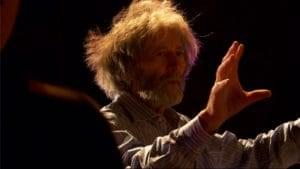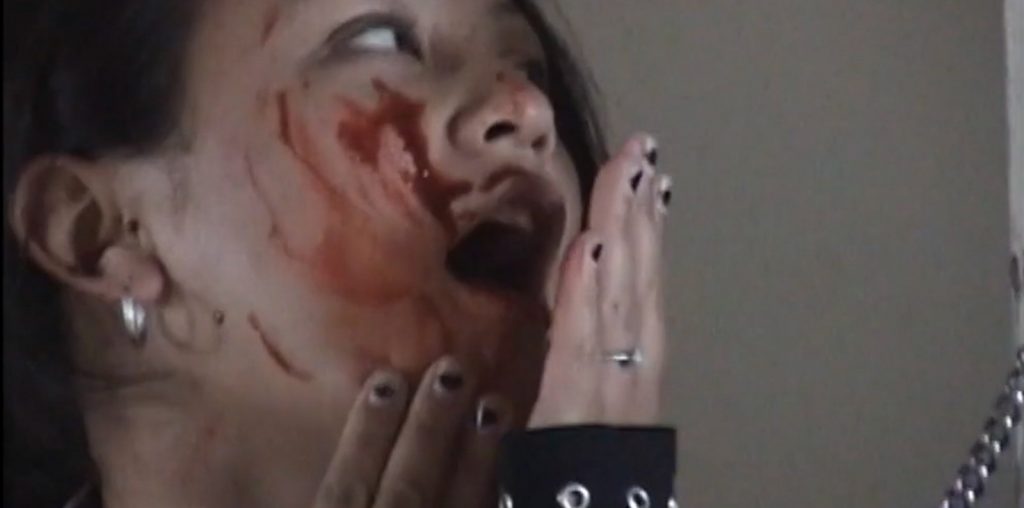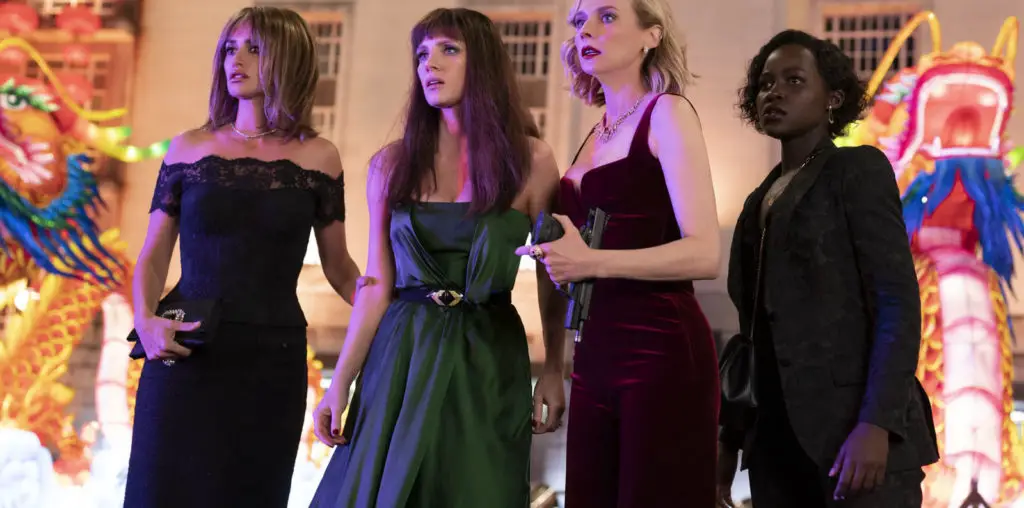
In the small Italian hill town of Monticchello, the residents put on a play every summer in the piazza. For more than fifty years the plays that they create begin with their own lives. First conceived as a way for them to talk about the town’s experiences in the Second World War, when the Germans came close to annihilating the town, the people have continued to use the theater as a way to imaginatively think about the world tackling everything from the women’s movement to the commercialization of the land.
Filmmakers Jeff Malmberg and Chris Shellen, who previously worked together on Marwencol, which Malmberg directed and Shellen produced, have made Spettacolo which follows the creation of one play from its initial meeting in the winter to opening night in the summer.
These autodramas begin with a town meeting and anyone who wants to comes and they talk about what’s happening in town and Italy and the world as a whole. At the meeting shown one of the younger men asks, “What if…the play is actually everyone asking themselves “What should we talk about?” To which a chorus of older people tell him, no we’ve done that – many times!
“In the end, this is a documentary about a very specific place and a specific group of people, but like the best films, the best art, it reminds us of ourselves…”
From the start it’s clear that the meetings – and the town – consist mostly of older people with few younger ones. The beginning of the film besides giving the background of this project looks at the older people who began this project and one, Aldo, who dies during filming.
The film does not shy away from the fact that this isn’t an easy project, that is continues to be divisive in some ways, and is in danger by many of the same forces that it criticizes. Past plays and events in the town led some people to abandon the project. Younger people are few and far between and rarely participate. One teenage boy who was worked on the play in the past talks very bluntly about wanting to play soccer and spend time with his friends and just have fun in the summer instead of working on the play.
The central figure of the film is Andrea Cresti, who was one of the actors when it started and has become its director and guiding light. In the words of one person, “our theater became his life.” After the initial meeting that winter, Andrea returns and before the group has organized thoughts into a coherent statement of purpose.
“Sometimes it seems like speculation and cynicism are the only laws left,” he said. “To us it feels like the end of the world…and so I say…let’s talk about the end of the world”
The play will address how things are changing, the uncertainty that people feel, the never ending financial crisis that continues to hit ordinary people. They tackle very explicitly how Italy is selling off of the nation’s cultural heritage, the ways that banks and speculators that continue to oppress them and others. In the midst of all this, as if to underline every point that they’re making in the play, the government tells them that there is no money for cultural projects, no one from the government will be attending the play’s opening because they’ll all be on vacation, and the bank which is their biggest backer gets taken over the by government.
And yet dozens of people spend countless hours over half a year working on this play. One beautiful scene is a montage of various people at work or at home, hanging laundry or driving as they rehearse their lines, and the film shows how the people are able to use the play to express some of their feelings about the world in a way that changes their day to day lives.
The creation of the play and these many characters are interspersed with shots of the town and surrounding countryside which look like the picture perfect postcard images that they are. It’s a beautiful town and a beautiful place, but it’s hard not to think like a tourist or traveler who would appreciate the beauty and then move on, to see the landscape as just a backdrop. Here though we spend our time with the people who live there, who must find ways to deal with tourists and fear the town becoming nothing more than a tourist locale.

In one of the most poetic images, a recent Mercedes Benz drives through the piazza around the stage, which is partially dissembled each night after rehearsals to accommodate traffic during the day.
Everyone admits that the town’s future is uncertain. Young people are moving away, foreigners are buying up “farmhouses” and transforming them into “villas” and its future is more tourism than farming, as it has been for so long. And yet they cling to the play as something that is unique to the town, something that makes them unique, and that brings them together.
It is Andrea though who seems the most pessimistic. At one point in rehearsals he storms out and the next day explains why not just have a festival for beef or anything really, since the point is to bring the town together. If people won’t show up rehearsal and aren’t interested in doing this then maybe they should spend all this time and energy doing something else. Though he returns the next night and rehearsals continue and the play opens as scheduled with cooperative weather.
Andrea spoke to the cast not to worry about the reaction to the play because “what matters is that we did this thing together.” The filmmakers believe this as well. Though they show bits and pieces of the play on opening night and in rehearsals, they aren’t interested in filming the entire play, but want to get at what the play represents. It represents the very best, of neighbors coming together to make something together. To build and sustain community.
In the end, this is a documentary about a very specific place and a specific group of people, but like the best films, the best art, it reminds us of ourselves. We’re watching people in a small town in Italy put on a play as they consider the end of their town and their way of life and everything they hold dear. They’re certainly not alone in feeling that right now. Maybe not every town will respond by choosing to stage a play together, but Spettacolo makes the case that maybe we should.

Spettacolo (2017): Directors: Jeff Malmberg and Chris Shellen
4.5 out of 5 stars
Spettacolo screens at the 2017 SXSW Film Festival.



